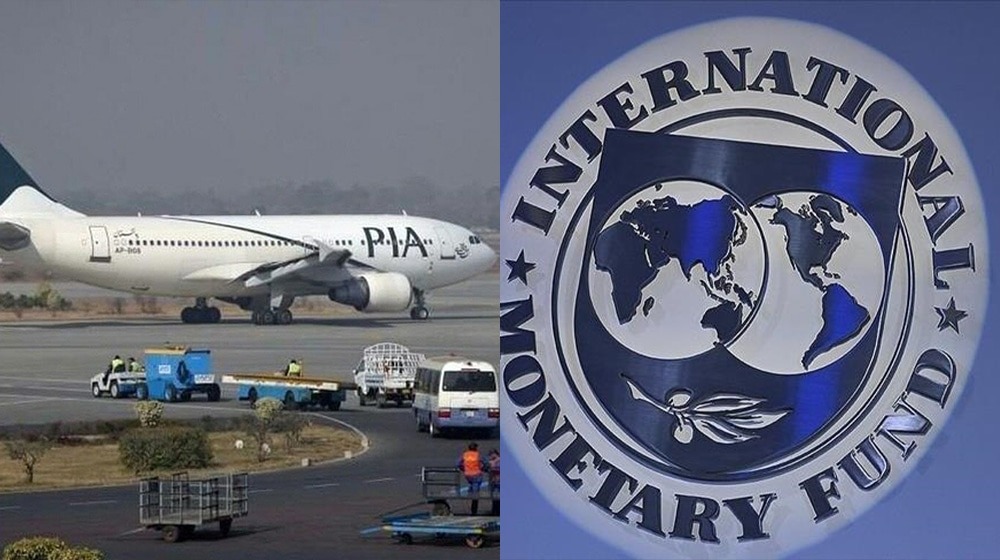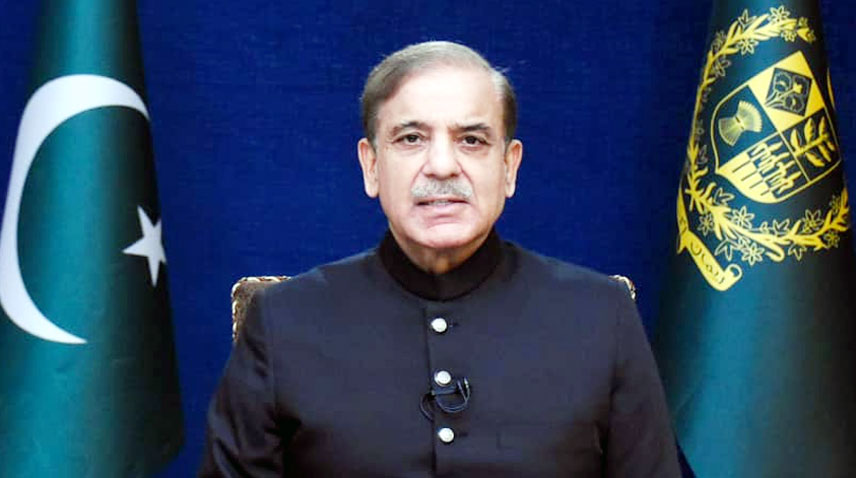The International Monetary Fund (IMF) has requested Pakistan to present a comprehensive plan for the privatization of Pakistan International Airlines (PIA) and other state-owned enterprises, according to reliable sources informed ProPakistani.
These sources disclosed that discussions between the federal government and banks are intensifying to finalize the terms of a loan agreement for the privatization of PIA. It’s been suggested that an agreement on an interest rate of up to 12 percent may be reached through term sheets with commercial banks.
Once the terms of the loan agreement are settled, banks will issue No Objection Certificates (NOCs) to proceed with the privatization process. Additionally, discussions are scheduled with the Federal Board of Revenue (FBR) concerning tax policies, administration, and revenue generation. The IMF will be briefed on contingency plans to mitigate any potential decrease in revenue.
READ MORE: OPPO Unveils OPPO Reno11 Series with Fawad Khan
There has been reported dissatisfaction from the IMF regarding the performance of Pakistan’s energy sector. Meetings with Ministry of Energy officials are planned to address issues such as circular debt and unsustainable power purchase agreements.
Talks until Monday will also encompass strategies to manage the fiscal deficit and prepare for the upcoming federal budget. Other agenda items include updates on the State Bank of Pakistan’s initiative to introduce new polymer banknotes and progress reports on Pakistan’s compliance with the United Nations Anti-Corruption Convention.
The ongoing discussions between Pakistan and the International Monetary Fund (IMF) are entering their second day, with a wide range of critical economic matters under thorough examination.
The IMF mission is actively engaged in meetings with officials from various institutions, including the Ministry of Finance, FBR, and the Ministry of Energy. Furthermore, the lender is expected to receive briefings on various domestic financing aspects, including government guarantees and expenditures in vital sectors like health and education.





